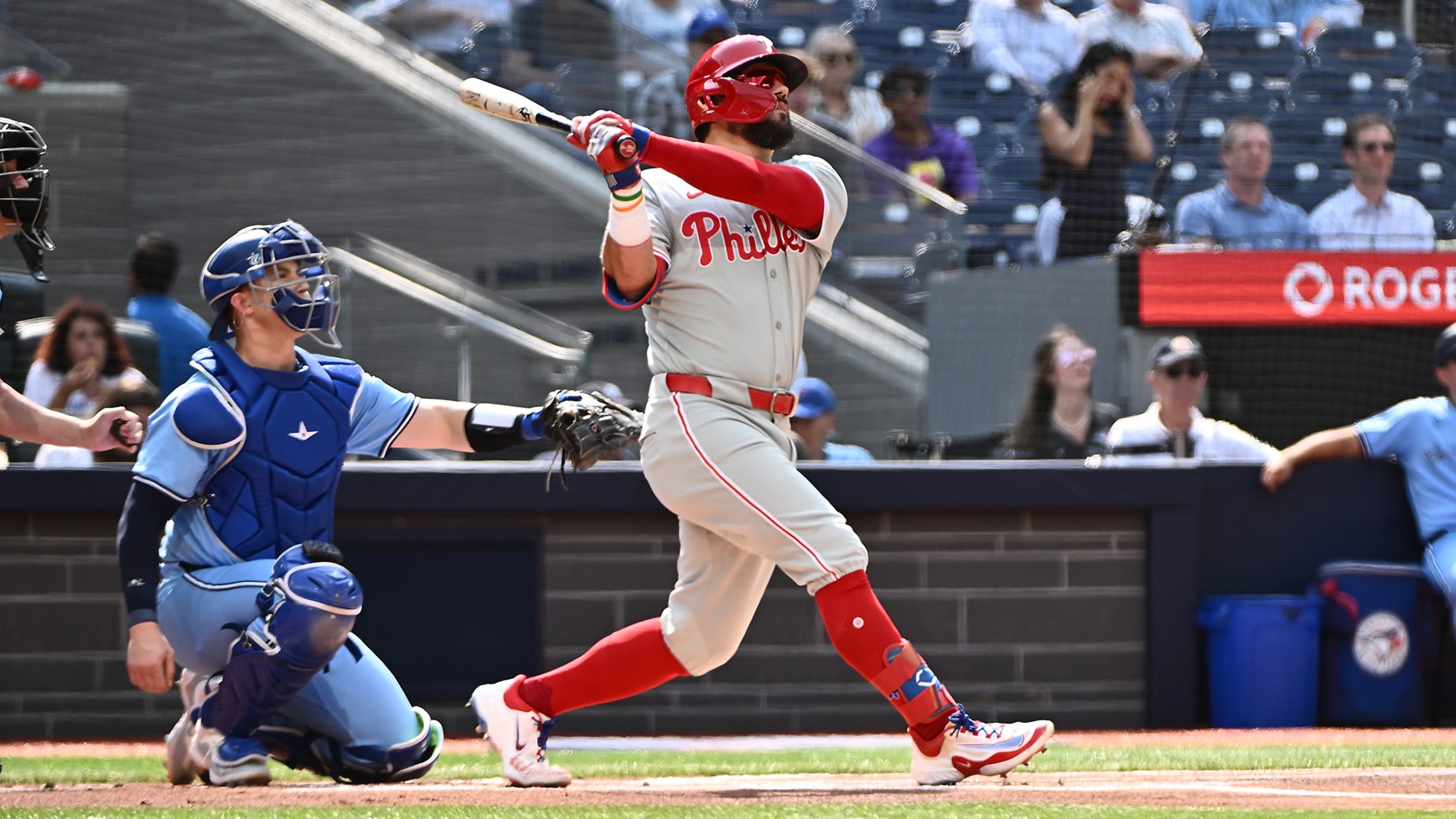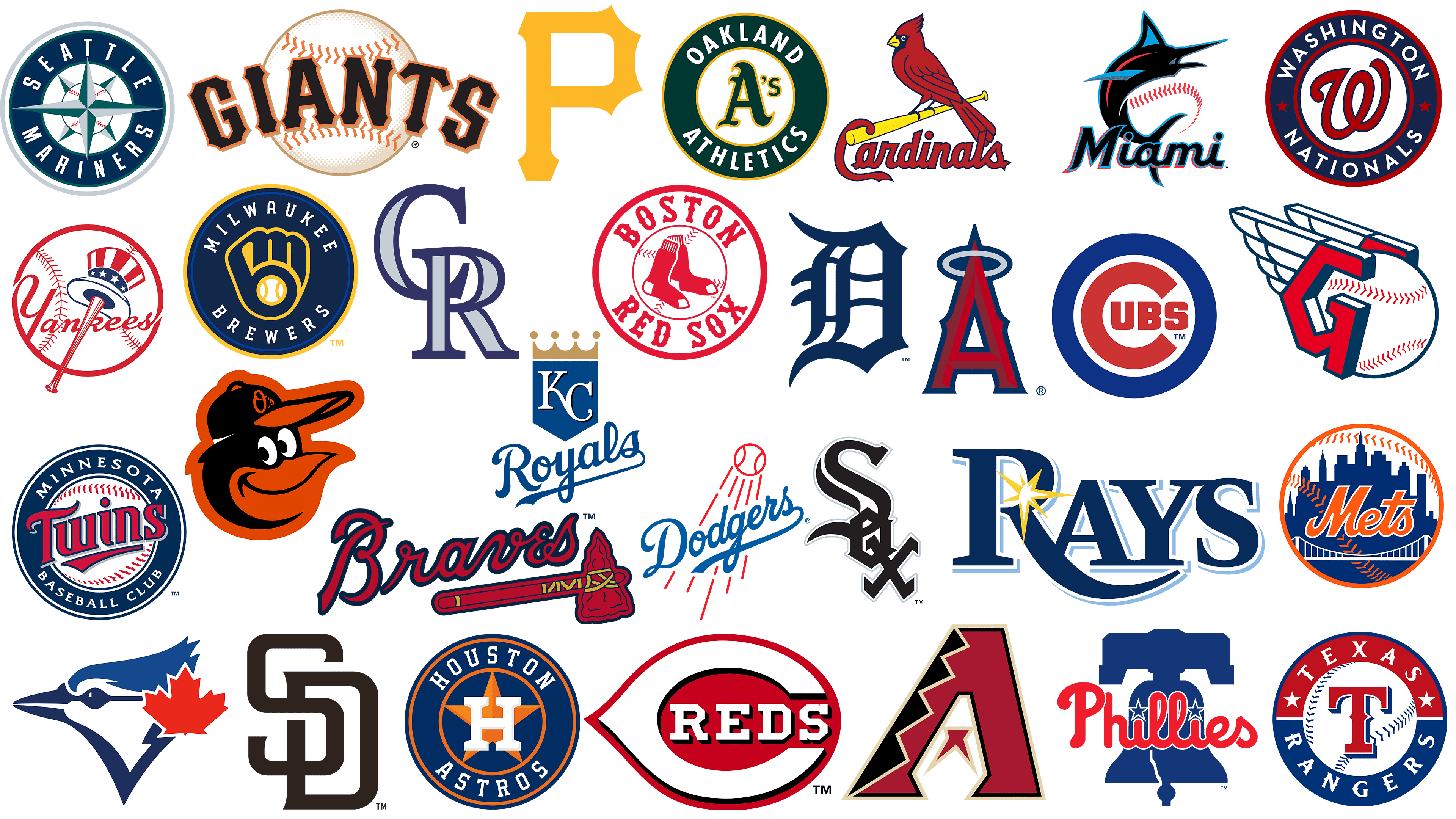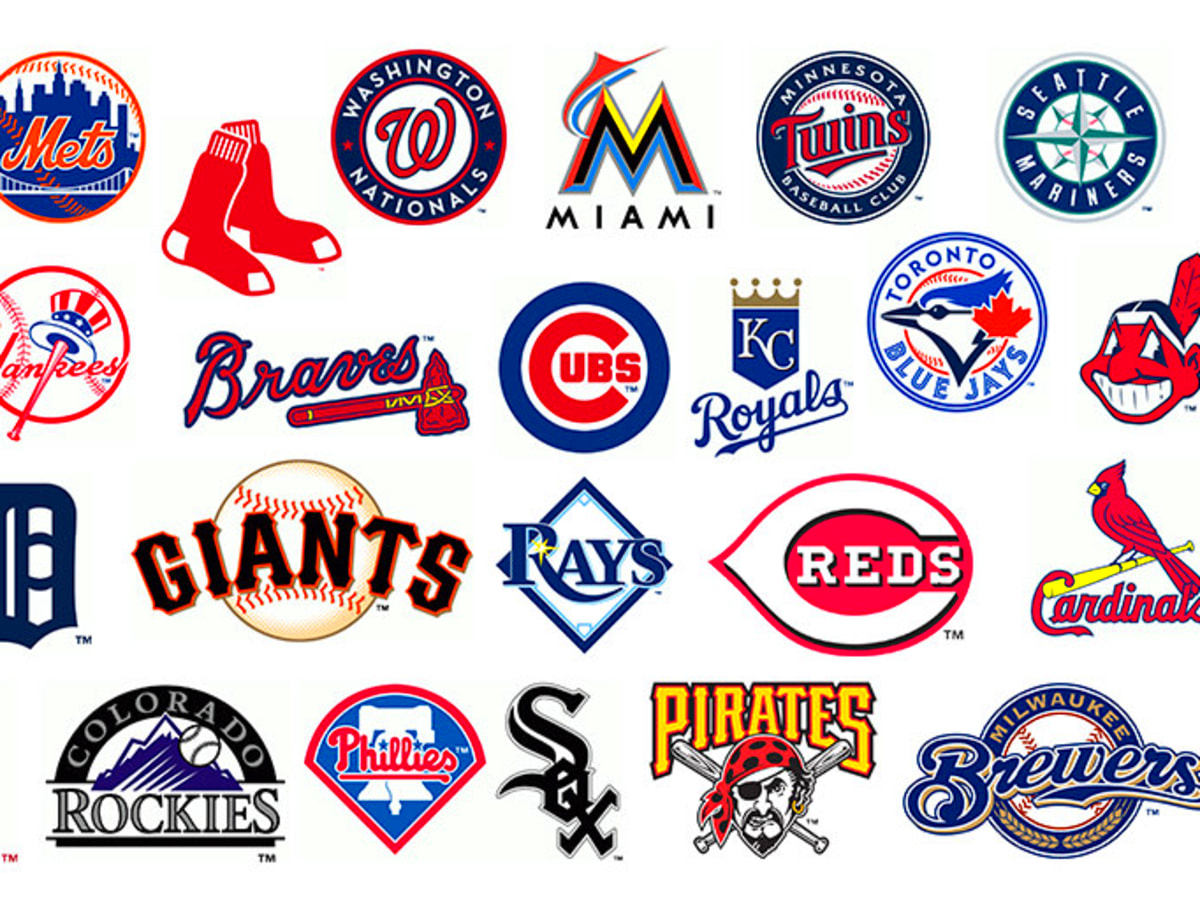MLB Umpire Wages - What They Earn
When you follow the baseball season, checking out scores on MLB.com or seeing highlights on ESPN, you’re watching players, coaches, and, of course, the umpires. These people in blue, standing right there on the field, make calls that shape games. You might find yourself wondering, as many do, about what it takes to do that job, or, you know, what they actually get paid for it. It's a natural sort of curiosity, seeing someone with such a big role in something so many people care about.
Following your favorite teams on a site like CBSSports.com or keeping up with the latest stories on Bleacher Report, you get a good feel for the sport. You see the incredible plays, the close calls, and sometimes, the heated moments that involve an umpire. It is that sort of thing that gets people thinking about the whole picture, about everyone involved in making a game happen. The folks on the field, calling balls and strikes, or ruling on plays at the bases, are a really important part of the whole experience, and so, their work has a lot of attention on it.
The game, with its standings, wild card races, and playoff battles, is truly a big production, and a lot of different people contribute to it. From the rising stars making their mark, like those young players with Georgia on their minds, to the seasoned veterans, and then, the umpires who are right in the thick of it all. It’s pretty interesting to think about the people behind the scenes, or, you know, the ones who aren't always in the spotlight but are still so vital. We often hear about player salaries, but what about the people making the calls? That is a question that pops up a lot.
Table of Contents
- What goes into MLB umpire wages?
- The day-to-day for mlb umpire wages
- How do mlb umpire wages compare to others?
- Are mlb umpire wages enough for the job?
- The path to earning mlb umpire wages
- The life beyond mlb umpire wages
- What do fans think about mlb umpire wages?
- Could mlb umpire wages change in the future?
What goes into MLB umpire wages?
When thinking about what umpires get paid, there are, like, a few things that probably play a part. It's not just a simple number, you know? For one, the amount of time someone has been doing the job probably makes a difference. Someone who has been calling games for many seasons, who has seen countless situations, would likely be on a different pay scale than someone just starting out. It's kind of like any other line of work, where experience usually brings a bit more compensation. The longer you are around, the more you learn, and the more valuable your presence becomes, generally speaking.
Then there's the pressure of the job itself, which is a pretty big deal. Every single call is watched by millions, whether it's on a live stream or later in video highlights. The responsibility of getting those calls right, especially in tight games or important playoff moments, is immense. That kind of mental demand, the need for intense focus over many hours, could be something that factors into how their compensation is structured. It's not just physical activity; it's a huge amount of mental effort, too, which is something you might not always consider when watching from home.
Also, the travel involved is a big part of an umpire's life. They are constantly moving from one city to another, following the teams around the country. This means a lot of time away from home, living out of suitcases, and dealing with different time zones. All of that moving around, the constant packing and unpacking, the long days at airports, that is definitely a lifestyle that needs to be accounted for in some way. It's not a typical nine-to-five desk job, that's for sure. So, the demands of being on the road, pretty much all the time during the season, are a consideration for mlb umpire wages.
The day-to-day for mlb umpire wages
A typical day for an umpire is probably a lot more involved than just showing up for the game. They have to prepare, review rules, and get ready for whatever might happen on the field. This preparation, the constant readiness, is part of what they are doing to earn their pay. It is not just the two or three hours of the game itself, but all the time leading up to it, and even the time after, thinking about calls and getting ready for the next day. They are always, you know, on call in a way, ready for action.
They also have to deal with, well, a lot of different personalities. Players, managers, coaches, and even the crowd, all have their own thoughts about the game. Umpires have to manage these interactions while staying calm and fair, which is a particular skill set. This ability to handle high-stress situations and maintain control is a part of their daily work that is probably considered when thinking about mlb umpire wages. It is a unique aspect of their contribution, for sure.
Consider the sheer number of games they work over a season. From the regular season to the wild card games and then the playoffs, it's a long stretch of intense work. Each game brings its own set of challenges, its own unique moments. The sheer volume of high-stakes decisions they make over the course of many months is quite something. This sustained effort, this continuous focus, is a very real part of what makes up their work, and therefore, what goes into the discussion of mlb umpire wages.
How do mlb umpire wages compare to others?
It's interesting to think about how what an umpire earns stacks up against what other people in sports, or even outside of sports, might make. When you follow the big names in baseball, seeing their stats and their incredible feats, you know that players, especially the very best ones, earn a lot. Umpires, while absolutely essential to the game, are not in the same financial league as the star athletes, and that is just a simple fact of the sports world. It is a different kind of contribution, a different sort of role, really.
Compared to, say, a coach or a general manager, an umpire's role is also quite distinct. Coaches are planning strategies, working with players, and managing a whole team. General managers are building rosters, making trades, and looking at the long-term future of a club. An umpire's job is about applying the rules in the moment, with immediate consequences. So, while everyone is part of the same big picture, their responsibilities, and naturally, their pay structures, are quite different. It is a very specific kind of job, that of an umpire, and so their pay reflects that, more or less.
If you look at other professional sports, like basketball or football, those officials also have demanding jobs, and their compensation reflects the level of play and the demands of their sport. Each sport has its own unique set of rules and pressures, and the officials in each one are compensated accordingly. So, comparing mlb umpire wages to, say, an NFL referee or an NBA official, would show some similarities in terms of the high-pressure environment, but also differences based on the sport's structure and revenue. It is a different kind of physical demand, a different pace, you know.
Are mlb umpire wages enough for the job?
This question, about whether the pay is sufficient, is something that often comes up for any demanding job, and umpiring is certainly demanding. People who watch the games, who see the intensity and the scrutiny, might wonder if the compensation truly matches the effort and the constant public eye. It is a job where you are almost always under review, with every decision available for instant replay and public debate. That kind of constant exposure can be draining, for sure, and so, some might think about whether the pay makes up for it.
Think about the travel, the time away from family, and the mental toll of making split-second decisions that can affect the outcome of a game, or even a season. These are not small things. For someone to dedicate their life to this kind of work, there has to be a significant reward, not just in terms of personal satisfaction, but also in financial terms. So, when people talk about mlb umpire wages, they often consider these non-monetary costs as well, and whether the money truly balances them out. It is a fair point to consider, you know, for anyone doing a job with such high stakes.
There is also the idea of career progression. Umpires start in the lower leagues, working their way up, making less money as they gain experience. The path to the big leagues is long and challenging, with many years of hard work and sacrifice. So, the question of whether the ultimate pay at the top level is "enough" also relates to the entire journey someone takes to get there. It is a pretty tough climb, honestly, and so the reward at the end needs to reflect that commitment.
The path to earning mlb umpire wages
Becoming an umpire in Major League Baseball is not something that happens overnight. It is a long, step-by-step process, almost like a player working their way through the minor league system. People who want to call games at the highest level usually start in special schools, learning all the rules and the mechanics of the job. They spend time practicing, getting feedback, and really honing their skills. It is a very structured beginning, you know, to a very particular kind of career.
After the initial training, aspiring umpires work in the smaller, independent leagues, then move up to the various levels of minor league baseball. Each level brings more experience, tougher competition, and a chance to show they have what it takes. They are constantly evaluated, watched by supervisors, and given feedback on their performance. This steady climb, this proving ground, is a crucial part of their development. It is a pretty rigorous selection process, you might say, for those who eventually get to earn mlb umpire wages.
Only a very small number of umpires ever make it to the big leagues. The competition is fierce, and the standards are incredibly high. Those who do reach the top have put in years, sometimes even decades, of hard work, travel, and dedication. They have made countless calls, handled numerous situations, and shown a consistent ability to perform under pressure. So, when you see an umpire on the field, they have really earned their spot, through a lot of effort and persistence, which is a story that sometimes goes untold.
The life beyond mlb umpire wages
Beyond the money they earn, umpires also have a life that is shaped by their profession. They are part of a small, close-knit group of individuals who share a unique experience. They travel together, work together, and often form strong bonds. This sense of camaraderie, this shared journey, is a significant part of their existence, separate from the financial aspects of their work. It is a unique community, really, that they are a part of.
Their work also means they are deeply connected to the sport itself. They see the game from a unique perspective, right there in the middle of the action. They witness historic moments, incredible performances, and the unfolding drama of each season. This closeness to the game, this front-row seat to baseball history, is a big part of what makes the job special for many. It is a privilege, in a way, to be so connected to something so many people care about.
However, there is also the public aspect of the job. Umpires are often recognized, sometimes for good calls, sometimes for calls that are debated. They are figures in the public eye, and that brings its own set of challenges. Dealing with public opinion, with criticism, and with constant scrutiny, is a part of their daily life. It is something they have to manage, even when they are not on the field, and it is a part of the overall picture of what it means to earn mlb umpire wages.
What do fans think about mlb umpire wages?
Fans, who follow the latest news and scores on ESPN or check out standings on MLB.com, have all sorts of opinions about umpires, and that naturally extends to what they might earn. Some fans might feel that umpires deserve a lot, given the pressure and the importance of their role in the game. They see the tough decisions, the long hours, and the constant travel, and they might think that the pay should reflect that high level of commitment and responsibility. It is a tough job, after all, and so, you know, some people believe the compensation should match.
On the other hand, some fans might focus more on the occasional mistakes or controversial calls. When a call goes against their favorite team, or when a game is impacted by a decision, they might question various aspects of the umpire's position, including their compensation. It is a common reaction, really, when emotions run high during a game. So, opinions on mlb umpire wages can sometimes be tied to the immediate feelings about a particular game or a specific ruling.
Overall, it is probably a mix of views. Most fans appreciate the difficulty of the job and the need for skilled officials to keep the game fair and moving along. They understand that without umpires, there would be no organized baseball. So, while there might be debates about specific calls, there is a general acceptance that these individuals play a very important role and should be compensated fairly for it. It is a pretty essential part of the whole operation, when you think about it.
Could mlb umpire wages change in the future?
The way umpires are paid, like many things in professional sports, could always see some changes down the road. As the game itself evolves, with new technologies and different ways of watching, the role of the umpire might also shift a bit. Things like automated strike zones or more reliance on video review could change the nature of their work, and that could, in turn, affect how their compensation is structured. It is a really interesting thought, how technology might play a part in something like mlb umpire wages.
Discussions between the league and the umpire's union also play a big part in determining pay and working conditions. These sorts of talks happen periodically, and they are where decisions about salaries, benefits, and other aspects of the job are made. So, any future changes would likely come out of those conversations, reflecting the needs of the umpires and the overall financial health of the sport. It is a collaborative process, in a way, that shapes these things.
The popularity of baseball, the amount of money it generates, and the overall economic situation can also influence future mlb umpire wages. If the sport continues to grow and bring in more revenue, there might be more room for adjustments in pay. On the other hand, economic downturns or shifts in how people consume sports could also have an effect. It is a complex system, tied to the bigger picture of the sport's business side, and so, you know, things can always move in different directions.

MLB.com | The Official Site of Major League Baseball

The Major League Baseball Team Logos And Names

Major League Baseball Sheets at genhaleyblog Blog